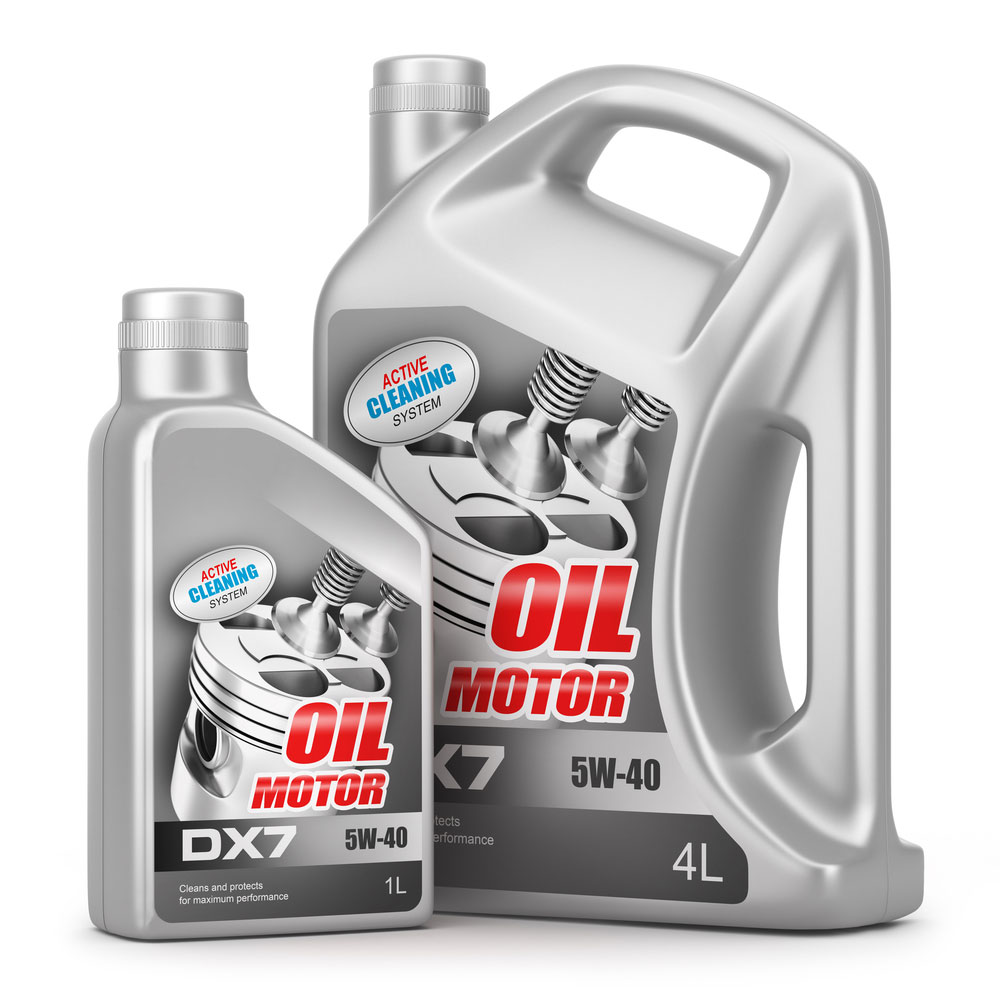At Crossroads Ford, we pride ourselves on a top-notch service department. We take care of a car oil change, transmission service, and any car maintenance your Ford or Lincoln vehicle requires. When you bring your car in for service, we will ask you what brand of oil you want in your vehicle. Then we change your oil based on the manufacturer’s recommendations. However, your choices for different types of motor oil go deeper than just your favorite brand of motor oil. In today’s blog, Crossroads Ford discusses different grades and types of motor oil for a car oil change.
Numerical Coding System
The numerical coding system used on different grades of motor oils comes from the Society of Automotive Engineers (SAE). You might see letters and numbers, such as “5W-30” or “10W-40” or something like that, on a bottle of motor oil. The “W” stands for winter. The number in front of it shows the lowest temperature the oil is rated for in degrees Fahrenheit. If you see “5W,” that means the motor oil is rated to maintain its viscosity, or thickness, at 5 degrees Fahrenheit. For a car oil change in a colder climate, a technician might recommend motor oil with a lower degree. There are 11 temperature grades of motor oil, from 0W up to 60W.
The larger number after the dash shows you the viscosity of the oil. The higher the number, the higher the thickness of the oil. Motor oil with a 5W-30 grade has less viscosity compared to 5W-40 oil. Thicker oil isn’t necessarily better, although oil that maintains its viscosity better is generally better for your vehicle when it comes to a car oil change.
Conventional Versus Synthetic
Most vehicles handle conventional motor oil just fine when it comes to a car oil change. Conventional oil means it comes from refined oil that was extracted from the ground using traditional drilling methods. Synthetic oil comes from a laboratory and typically works for high-tech engines in luxury vehicles. These oils go through stringent laboratory tests before they go on the market and provide superior, longer-lasting protection for engines.
Synthetic motor oil typically costs more compared to conventional oil, but it does offer some guarantee of higher performance. Some oils are a blend of conventional and synthetic while others are formulated specifically for higher-mileage engines to help protect parts from wear.
Oil Additives
Oil additives help prevent sludge build-up, varnish, and damage to engine parts. Additives may include detergents to help remove deposits, dispersants to help reduce sludge, and anti-wear agents to protect metal surfaces from wearing down when the oil gets thin. Ask your car oil change technician if any motor oils have extra additives to protect your vehicle’s engine and extend the life of your car.
Crossroads Ford and a Car Oil Change
At Crossroads Ford, we recommend an oil change every six months or 7,500 miles on Ford vehicles 2008 or newer. We recommend six months or every 5,000 miles on Ford miles from 2007 or older. Contact us if you have any questions about a car oil change, or make a service appointment so we can give your car a thorough check-up.


